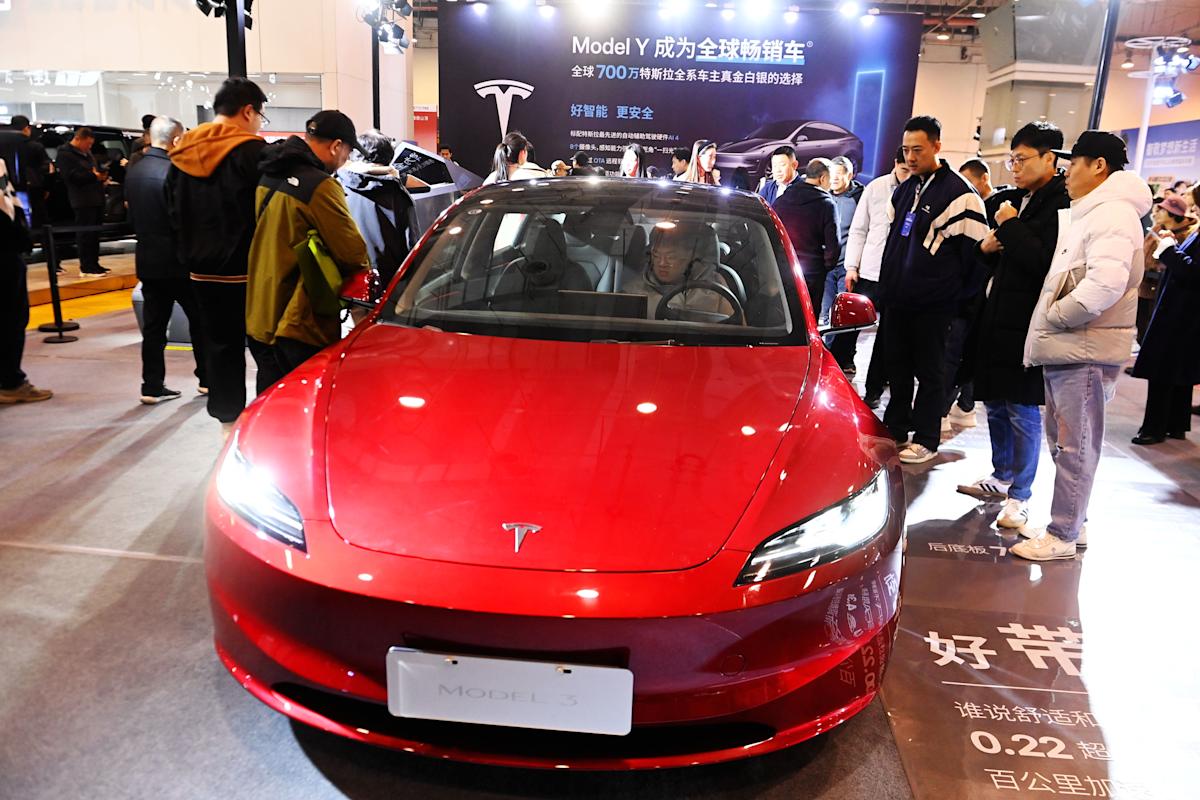Green Light: EU Court Backs Nuclear and Gas as 'Sustainable' Energy Sources

In a landmark decision, the European Union's second-highest court has upheld the controversial classification of gas and nuclear energy as "green" technologies, paving the way for significant financial benefits. The ruling, which came in response to a legal challenge by Austria, effectively allows these energy sources to access crucial subsidies and more affordable financing options.
The tribunal's decision marks a pivotal moment for the EU's sustainable energy strategy, acknowledging the potential role of gas and nuclear power in the bloc's transition to a lower-carbon future. By maintaining their inclusion in the green rulebook, the court has effectively endorsed the EU's nuanced approach to energy classification, recognizing that these technologies can play a bridging role in the complex journey towards complete renewable energy adoption.
This ruling not only provides financial advantages for gas and nuclear energy projects but also signals the EU's pragmatic stance on energy transformation. It suggests that the bloc is willing to consider a diverse range of technologies in its quest to reduce carbon emissions and meet ambitious climate goals.
Austria's challenge to the classification has ultimately been unsuccessful, highlighting the EU's commitment to a flexible and comprehensive approach to sustainable energy development.








